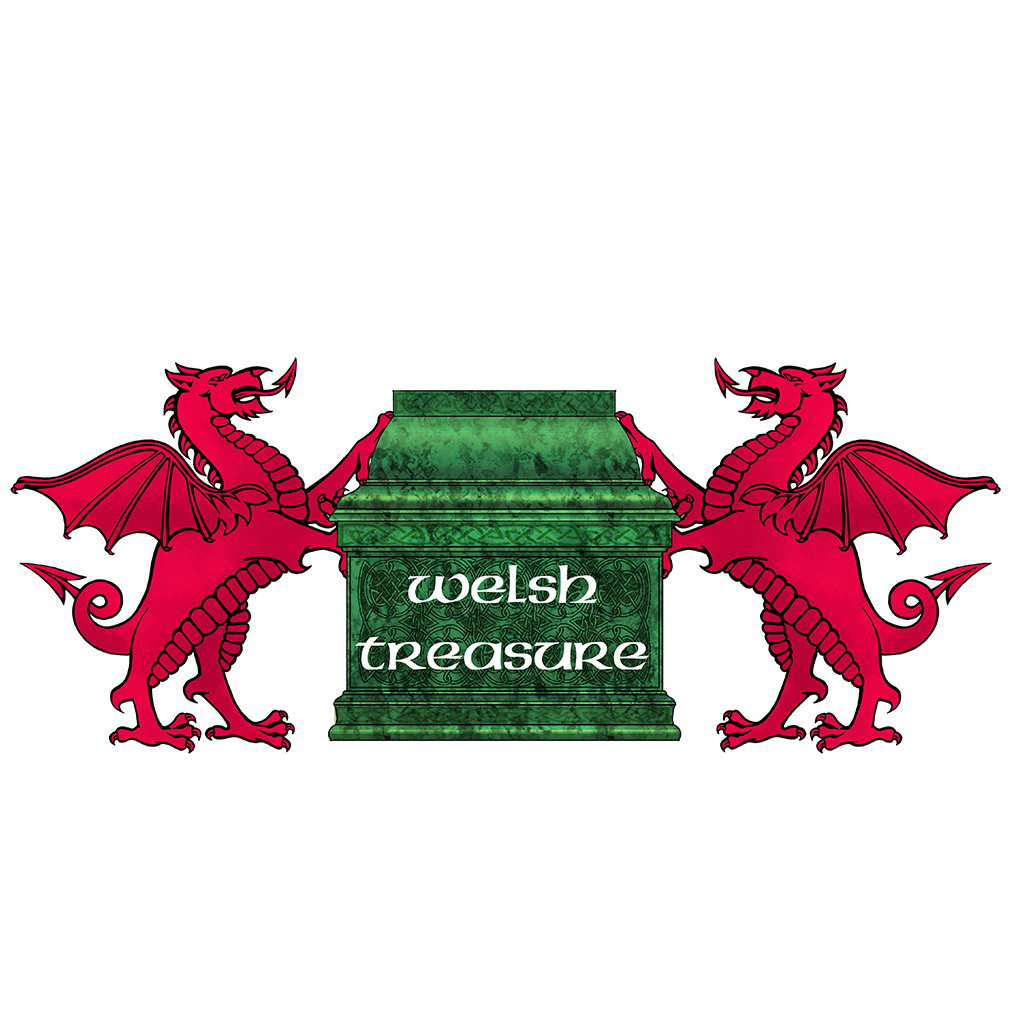February 25, 2021
Mother's Day isn't a single celebration. Instead, it can refer to a wide range of celebrations in a wide range of regions, including some that have existed for centuries and centuries but have been renamed as such in more recent times. One excellent example would be Mothering Sunday, which has been celebrated on the fourth Sunday in Lent in Wales and the rest of the British Isles since medieval times. Historically speaking, people would visit their mother church on said occasion. However, the establishment of the U.S. version of Mother's Day has brought about a revival as well as a change in emphasis.
Regardless, it should come as no surprise to learn that the mother has played a very important role over the course of Welsh history. After all, this has been true for every single culture in every single time as well as every single place. However, it is nonetheless interesting to look at how the role of the mother has changed over the course of Welsh history.
For starters, it is worth mentioning that the status of women in pre-modern Wales wasn't too bad by pre-modern standards. This can be seen in how the Laws of Hywel Dda from the 10th century provided them with legal recognition. That might not seem like much. However, even that wasn't guaranteed in the past, as shown by how women were treated as the property of the male head of the household in a wide range of pre-modern societies.

Mid-13th-century depiction of Hywel Dda in a Latin copy of the Laws of Hywel Dda.
In any case, most of the Welsh would have made a living through agricultural activities in pre-modern times. Contrary to expectations in certain quarters, both men and women would've worked because no one could afford to be idle. Furthermore, women would have also been responsible for other household tasks such as raising the children and making the clothes that everyone would have worn. On top of this, it is worth mentioning that childbirth was much more dangerous in those times. Never mind the high mortality rates for children responsible for the low life expectancies in medieval times that everyone is familiar with. Simply put, being a pre-modern mother was rough.
Later, the Industrial Revolution brought changes. However, the role of the mother remained very similar in some ways. With the men off in the mines and manufactories for long hours, women had to take on an even greater share of household tasks. As such, while their efforts are often undervalued, their role was no less strenuous, as shown by how they often had shorter life expectancies than their husbands in Industrial areas. Perhaps unsurprisingly, being raised by their mothers while having much less contact with their fathers meant that children tended to become more attached to the former than the latter. Something that would carry over into adulthood as a well-established respect for the Welsh Mam.
Nowadays, the role of the mother has changed again. However, mothers remain as important as ever, meaning that Mother's Day is an occasion that is worthy of celebration.
February 23, 2025
Every year on March 1st, Wales comes alive with celebrations in honor of St David (Dewi Sant)—the nation’s beloved patron saint. But who was this remarkable figure, and why is he so important to Welsh history?
February 05, 2025
Did you know that just like birthstones, each month has its own special birth flower? These beautiful blooms hold unique meanings, making them a thoughtful and personal gift for birthdays!
February 04, 2025
Finding the perfect birthstone jewellery can be simple and enjoyable with our help
